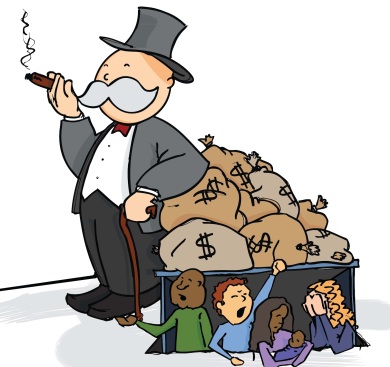1. The relationship between willing participation and commercial exploitation as described in Andrejevic’s article is one that can be described as almost one in the same. First of all the article describes a new value placed on social networks as an important marketing tool. What is more is that those with a larger social network are now more desirable candidates to employers. As described in the article, “[…] the detail of employees’ social lives along with their observations and opinions they share with one another are treated as free resource.” This can definitely be viewed as commercial exploitation because employees are dipping in to the personal (online) lives of employees for recruiting, marketing, and sales. On the other hand, willing participation is voluntary and these employees choose to take action on marketing information that they found on social networking sites like Facebook. But as the saying goes, nothing is for free and many times the “willingness” put forth by employees to tap into this information is driven by an incentive from employers as demonstrated in the article. In this case, Appirio encouraged their employees to use their social networks as market research to inquire information to “contribute to their companies bottom line.” So, with this employees might feel as though their back is against the wall and feel inclined to exploit their friends online in order to be in the running for a potential bonus. So really how much of this is really willing participation? The relationship between the two concepts is separated by a very thin line as one can gather from the article since “an extended social network might come to function not just as a form of online social capital, but also online economic capital […].”
2. In Lanier’s article regarding “fixing the digital economy” the role of risk is apparent in the distribution and consumption of information. This risk stems from the rise of the Internet and the presence of technology overtaking people in the workplace, especially those jobs involving communication and expression since “information is now held to be free.” Although we are able to access information on the Internet or free, this information did not just appear out of thin air, but came from the minds of real people who expect to be compensated for contributing knowledge to be used by others. As Lanier puts it, “[t]he rise of inequality isn’t because of people not being needed, […] it’s because of an illusion that they aren’t even there.”
In Kendzior’s “internship” article the ones who are at risk are recent college graduates, those in pursuit of a job and ultimately, those outside of the upper class. This risk comes from the fact that companies set up internships in order for people to “gain skills” needed to be a valuable player in a company. However, these internships are unpaid and therefore only those of the upper class who can afford to work for free will be more willing to take on unpaid internships leaving the middle class without opportunity to build experience.
The relationship between digital economy, institutions and prestige reinforces class status because more opportunities at elite companies are available to the upper class. When it comes to a prestige economy, Kendzior explains that “success has nothing to do with employability [and] achievements are irrelevant in a system that rewards money over merit, brand over skills.”
